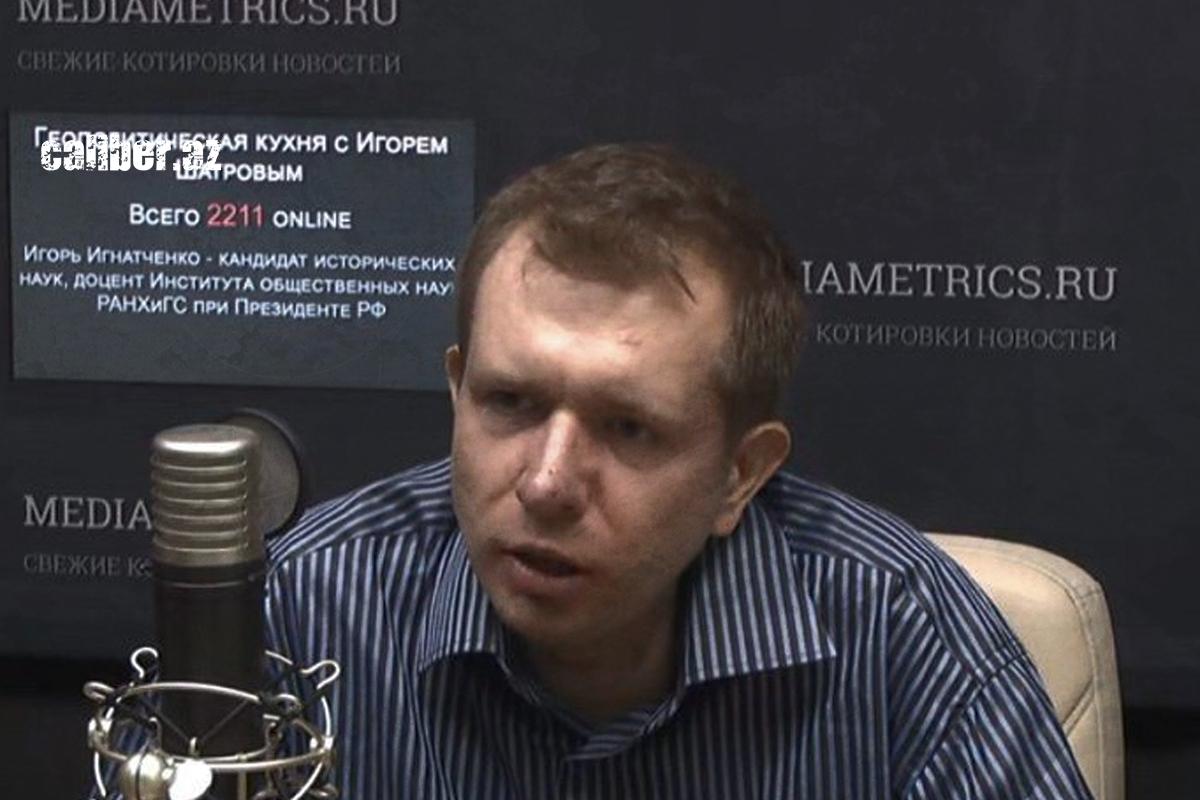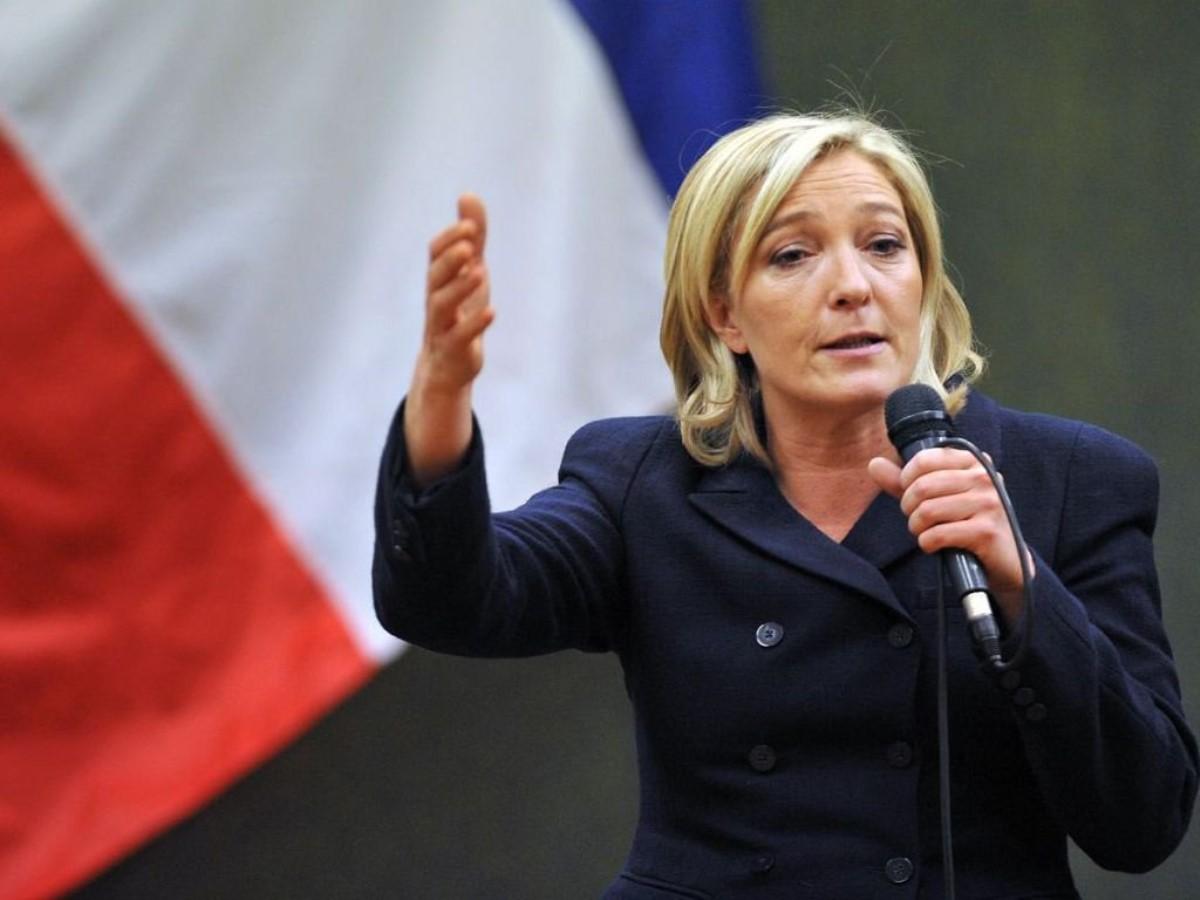Baku should brace for lengthy chill in relations with Paris Expert ponders French government's "Napoleon complex"
In an interview with Caliber.Az, Igor Ignatchenko, a candidate in historical sciences, shares his perspective on France's interests in the South Caucasus and the role it seeks to play in the region.

- What are the objectives of France in the South Caucasus and what does it aim to achieve?
- France is facing difficulties in Africa and blamed Russia for its failures. To make up for its losses, Paris is looking to strengthen its influence in regions closer to Russia's borders, where Russia has played a significant role. This move is also intended to counter Russia. In the South Caucasus, France can rely on Armenia, given the influence of the Armenian diaspora in France, to increase its influence in the region.
France is likely trying to become the leading Western power that influences the South Caucasus. It appears that Paris is making a calculated bet on this move. France sees Azerbaijan as its adversary, with Turkey, which has openly strained relations with Paris under Macron, behind its back.
- Does this explain the recent anti-Azerbaijani rhetoric of French Foreign Minister Stephane Sejourne?
- Sejourne's statement on the situation in the South Caucasus, which he made at a joint press conference in Paris with US Secretary of State Anthony Blinken, logically fits into this logic of confrontation.
- France's status as a great power is diminishing, and its authority in the world is weakening. The French government is driven by the "Napoleon complex". France is determined to become the leader of the European Union due to the German government's apparent inaction. Emmanuel Macron's second presidential term is ending soon, and he has not achieved any significant success in domestic or foreign policy. Hence, France is focusing on intensifying its foreign policy efforts, which seem more likely to yield quick and easy results compared to domestic policies. This explains why the French government has recently adopted aggressive rhetoric.
The French leadership appears to struggle to make firm decisions regarding their support for Armenia. The question arises whether their support will be limited to mere words or if they are willing to take more significant actions. It is uncertain if France will become the leader of the European Union in the near future, as not all EU nations share their views on this matter. The Italian Foreign Ministry has already criticised Stephane Sejourne's statement, indicating a difference in opinions among EU member states.
- What can be done to counter Paris's destructive policy in the region?
- The French government is undoubtedly pursuing a rather risky policy of escalating the conflict in the South Caucasus. It is not certain that it will succeed, but it may cause tangible opposition.
I believe that the French government's aggressive statements on the South Caucasus open up opportunities for even closer co-operation between Russia, Azerbaijan and Turkey in the region. Macron's aggressive passes will only unite Baku, Ankara and Moscow.
Nevertheless, despite the obvious risks, such a toxic course has been chosen, and it is unlikely to change dramatically. France under Macron will bet on support for Armenia, but how far it will be able to go in this support is a big question. One way or another, France is likely to lobby for Yerevan's interests in the next few years. As for the future presidential elections, the same Sejourne may become a candidate for the post of president as Macron's successor.
- How did Macron, a controversial figure, come to claim leadership in European politics?
- The era of strong and charismatic French leaders ended with the completion of Jacques Chirac's second term as president. As previously noted, European politics is currently experiencing a leadership crisis, and Emmanuel Macron's personality contributes to this issue.
The campaigning for the upcoming European Union parliamentary elections is in full swing. Additionally, the French presidential election is set to occur in 2027. Therefore, Macron and his supporters have intensified their efforts to gather their forces by positioning right-wing radicals against Marine Le Pen. It is crucial for Macron to demonstrate that his centrist bloc remains relevant and that he is still a contender. As a result, there are loud statements aimed at the domestic electorate, and this factor drives Macron's policy. His political bloc is currently attempting to unite the sluggish and scattered Europe behind its project. However, it is evident that Macron is not the best leader for such consolidation.

It's worth noting that Macron's political agenda extends beyond Europe and includes ambitions for the United States. His bloc, which advocates liberal values and a Euro-Atlantic approach, shares a similar agenda with the US Democratic Party and the rhetoric of figures such as Hillary Clinton and Barack Obama. With the Democrats currently facing challenges and declining popularity and Joe Biden's weakening position, Macron sees an opportunity to position himself favourably.
- Is it possible to improve relations between Baku and Paris after Macron's departure?
- It is important to consider who will become the next president of France as it will have an impact on the country's foreign policy, including its relationship with countries in the South Caucasus region. If the current Prime Minister Gabriel Attal, or Foreign Minister Stephane Sejourne, who are known to be supporters of Macron's policies, become the next president, there is unlikely to be a change in course. However, if representatives of Marine Le Pen's party win the presidential elections, there could be a shift in political direction.
In this regard, it would be wise for Baku to prepare for potentially strained relations with Paris in the long run. The French political class, which forms the institution of presidential and parliamentary power, has become smaller and weaker. As a result, there has been a growing orientation towards supporting diaspora structures. This has led to an increase in the influence of the Armenian community in France. At the same time, the role of the Muslim diaspora is also growing, as they are important elements of the electoral process.








